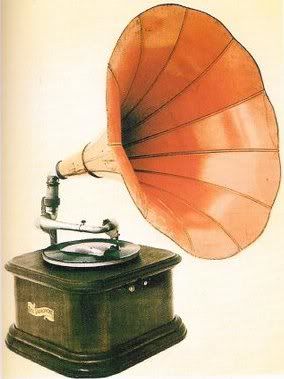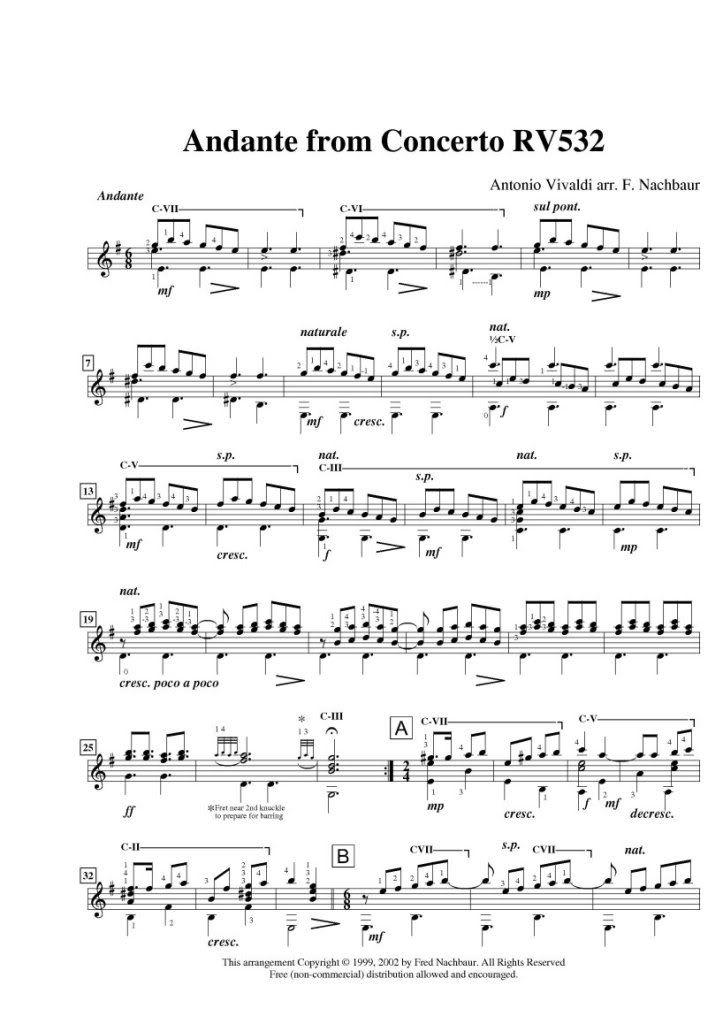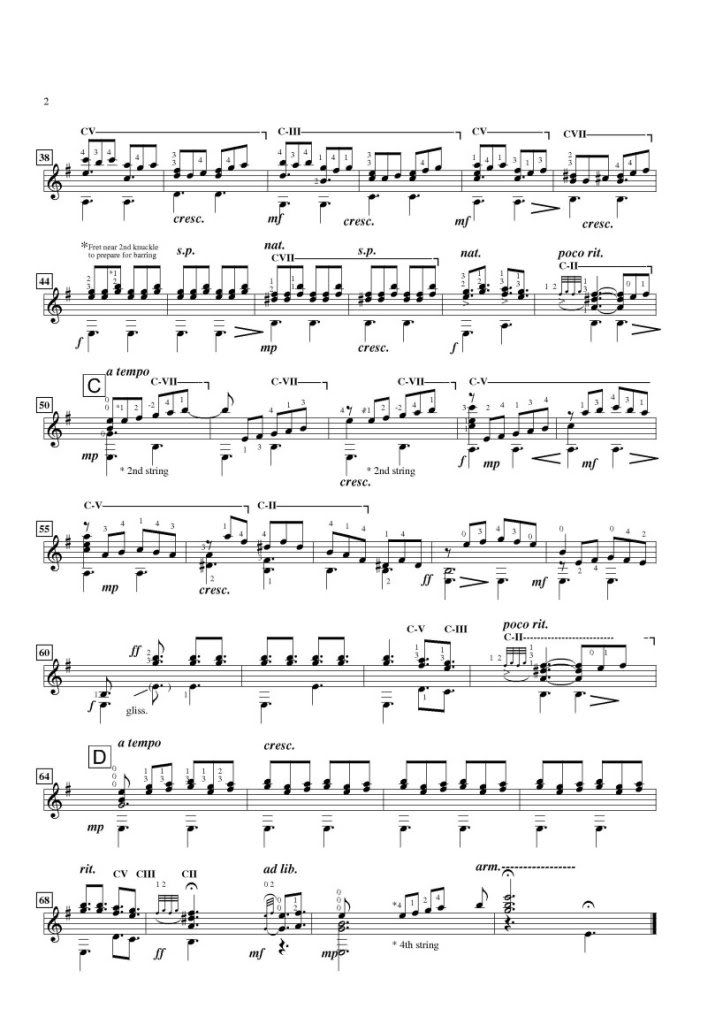One of the problems of trying to get to know someone famous is that, often, simply because they are famous, they don't have huge amounts of time to get to know everybody else. So it's often much simpler to be a nobody, and get to know somebody who knows somebody, and just once in a great while, you can get close.
Which is why I am dressed in this second-best last year outfit, and peddling a selection of glass beads. (The beads, by the way, were laughably inexpensive, although if I were really who I appear to be, they would have cost me a year's worth of careful savings, and they're so beautiful it's a great temptation to take a few back with me).

Well, after expressing my appreciation of her beautiful playing we got to talking, and I asked her what the song was that she played. It turns out that it was the andante from a concerto for two mandolins, by Padre Vivaldi who runs the girls choir at the Ospedale della Piétà*!
Proserpina (she goes by 'Pina) told me she was a beneficiary of the Ospedale, and a student under Padre Vivaldi until she was eighteen, at which point she was more than ready to take on the world. (And all the while she was telling me this, she was talking, like a typical Italian, with her hands). I had to ask what she meant by that last statement, since I had always had a mental image of Vivaldi as the gentle, creative, kindly priest who churned out music as fast as the musicians could play it (some wit once quipped that Vivaldi didn't write five hundred concerti, he wrote one concerto, five hundred times!).
Perhaps unfortunately for Vivaldi's reputation, by the late twentieth century, it was a fair assumption that anyone who had ridden in an elevator had been subjected to a rather mechanical reproduction of one of his best-known suites, the Quatre Stagione (Four Seasons).
Pina laughed scornfully at my rosy description! It turns out, (at least according to her) that he was the foulest, most irritable, sweaty, smelly creature ever to walk God's blessed Earth. He frequently suffered from shortness of breath (asthma?), and when he did, his temper which was short at the best of times, just evaporated completely. She recounted one occasion when his scathing comments reduced one of the girls in the choir to a sobbing wreck, quite unable to continue the rehearsal, and indeed, it was only a matter of a few weeks before she left the Ospedale, indentured to a modestly wealthy merchant family. She also told me how the young ladies nicknamed their slavedriver Il Prete Rosso (the Red Priest), not so much for his hair, but his tendency to turn puce when enraged.
She doesn't mind telling me a little about her experiences in the Ospedale either. She has no memory of her parents, and the sisters of the Ospedale would only ever tell her that she was "a child of God". She never went hungry, or without clothing or shelter at night, but sometimes she wondered what her parents had been like. After leaving the Ospedale, she worked for a couple of years for a bookseller, and it was during that period that she met her husband, Guido. When he first came to the bookseller he was looking for a pattern book that he could use as a guide for decorative carvings for his building work. His clothing was covered in stone dust, and his hair was slicked down from rinsing himself off before leaving work.


 The written content of this work is licensed under a Creative Commons Attribution-Noncommercial-Share Alike 3.0 Unported License.
The written content of this work is licensed under a Creative Commons Attribution-Noncommercial-Share Alike 3.0 Unported License. 



No comments:
Post a Comment